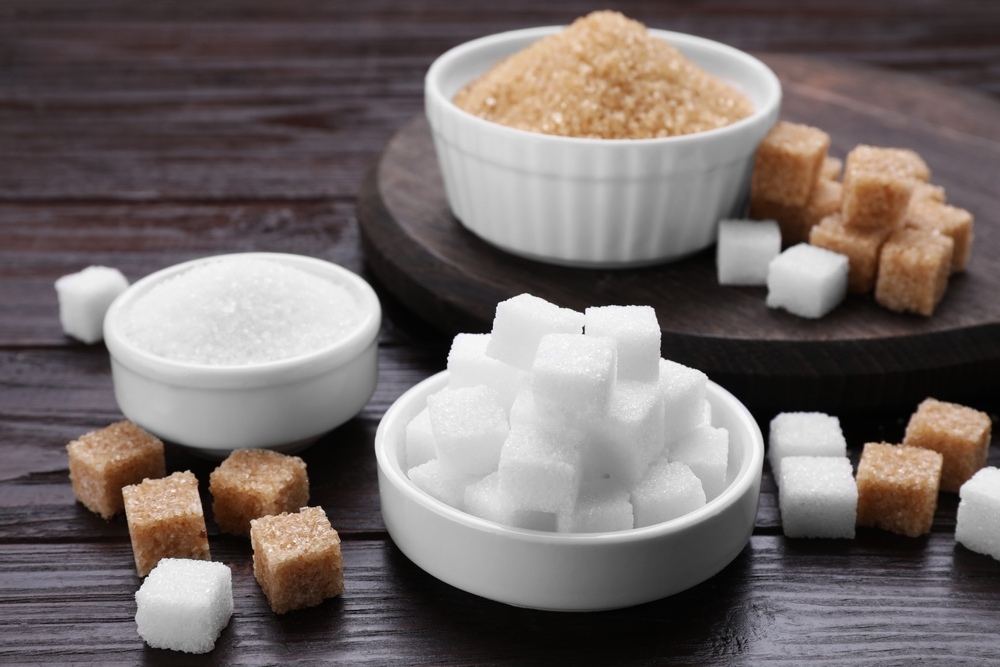Why Agave-Based Sweeteners Offer a Sustainable Alternative to Sugar Production
Why Agave-Based Sweeteners Offer a Sustainable Alternative to Sugar Production
Author
fotex
Share
Author
fotex
Share

Understanding the Shift Toward Sustainable Sweeteners
When you start comparing sugar options, it’s clear that not all sweeteners are created equally, especially regarding sustainability. Traditional sugar production, particularly from cane and beet sources, often requires vast land, heavy water use, and energy-intensive refining processes. On the other hand, agave plants thrive in arid climates, demanding far less water and minimal intervention once planted. As you consider eco-conscious food choices, agave-based sweeteners stand out as a more efficient use of natural resources, supporting a growing demand for climate-smart agriculture.
Agave’s Natural Efficiency in Harsh Conditions
One of agave’s most substantial advantages lies in how it grows. You don’t need fertile soil, constant irrigation, or chemical inputs to cultivate this plant successfully. Agave stores water in its thick leaves and roots, which are especially suited to drought-prone regions. Unlike conventional sugar crops that need high rainfall or irrigation systems, agave survives where most other crops can’t. This resilience means that when you choose agave-based sweeteners, you support farming that doesn’t put extra strain on local water supplies or overwork the land.
From Field to Syrup—A Simpler, Cleaner Process
What happens after harvest also matters. The production of agave syrup skips many harsh chemical treatments and high-energy steps used in standard sugar refining. Once the plant matures, it’s cooked, crushed, and filtered to extract the syrup, which preserves much of its natural character. This minimal processing retains flavor integrity and results in fewer emissions and byproducts. As someone who values cleaner food systems, this makes agave syrup a powerful alternative that aligns with your commitment to health and environmental impact.
Reducing the Carbon Footprint Through Agave Farming
You might not think sweeteners are part of your carbon footprint, but they are. Large-scale sugar production involves deforestation, fossil fuel-powered equipment, and long transportation chains. By contrast, agave plants can be grown on marginal land that doesn’t need to be cleared of forests or native vegetation. They also act as carbon sinks, capturing and storing carbon dioxide during their years of growth. Choosing agave-based sweeteners can reduce emissions not just in farming but throughout the entire supply chain, giving you a chance to contribute to meaningful climate action through everyday choices.
Sustainability Meets Flavor and Versatility
When you switch to agave syrup, you’re not sacrificing taste for sustainability. Its smooth texture and mild sweetness blend effortlessly into drinks, baked goods, marinades, and sauces. Because it’s sweeter than table sugar, you can often use less of it, which makes each bottle last longer while reducing your overall sugar intake. You’ll also be supporting farming practices that align with long-term environmental goals. At The Agave Farm, you have the tools and support to craft something that’s not just another spirit but a meaningful expression of your story. Whether you’re drawn to the dry punch of Cuishe or the layered depth of Madre Cuishe, your decision shapes more than just taste—it defines identity. With our guidance and resources, you can bring that vision to life authentically and precisely. Contact us today, and let’s build something exceptional together—one agave at a time.

